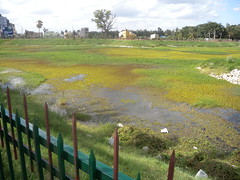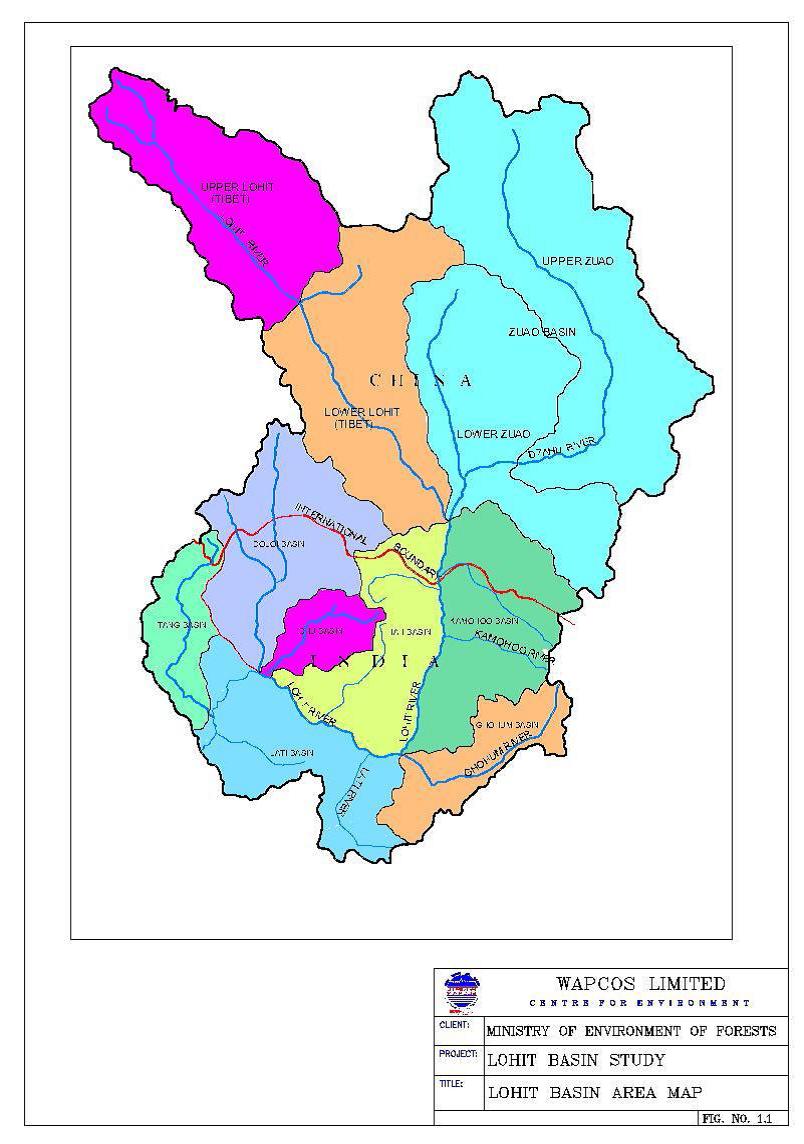/topics/water-management
Water Management
Maps, lakes and citizens: The use of surveys in lake conservation - An article in the Seminar magazine
Posted on 19 Mar, 2012 11:44 AMThis lake system is now decaying with lakes either taken over for urban uses, or choking due to neglect. ATREE and the Bruhat Bengaluru Mahanagara Palike (BBMP) have been engaged in attempting to understand how to restore these lakes for urban use, while maintaining their ecological importance. This article in Seminar describes this attempt.

Basin-level impact assessment study of the Lohit river - A study by WAPCOS & Ministry of Environment and Forests (2011)
Posted on 19 Mar, 2012 11:29 AM
Draft National Water Policy (2012) fails to take into account the multiple, complex problems and issues relating to water in India says M S Vani
Posted on 18 Mar, 2012 05:49 PMGuest post by: M S Vani
Perusing the draft, one comes across all the ‘right’ concepts, words liberally sprinkled throughout the document, describing the resource:-
- Natural resource
- Hydrological cycle
- Ecological needs of rivers
- Climate change
- Sources pollution
and our intended response to it :-
Peace by peace cotton project' is bucking the trend in chemical farming to revive cotton fields in Odisha
Posted on 17 Mar, 2012 11:02 PMArticle and Image Courtesy : One World South Asia
Author : Madhusmita Hazarika
Status of water supply in in class-I cities and class-II towns of Uttar Pradesh (UP)
Posted on 17 Mar, 2012 10:15 PMSource: Central Pollution Control Board’s 2009-10 Report
Class of cities/towns |
Integrated water management for rural/urban India: Common effluent treatment plant can conserve fresh water in industrial estates
Posted on 17 Mar, 2012 11:02 AMAuthors : Vasudevan Rajaram and John R. Sheaffer
Bore well recharging through "V" wire technology in Belavadi village, Chikmagalur district in Karnataka
Posted on 12 Mar, 2012 07:02 PMVideo Courtesy : FLRWHS
Implementation of the interlinking of rivers project (ILRP): Bangladesh raises concerns
Posted on 12 Mar, 2012 11:50 AMAuthor : Md. Khalequzzaman, P.D.
Climate change - Perspectives from India - A document published by UNDP, India
Posted on 10 Mar, 2012 06:08 PMThe document argues that climate change is no more an environmental concern. It has emerged as the biggest developmental challenge for the planet. Its economic impacts, particularly on the poor, make it a major governance issue as well. The debates and discussions building up for the next conference of parties (CoP) in Copenhagen and beyond are an indicator of this.
Lessons for rural water supply - Assessing progress towards sustainable service delivery - India - IRC International Water and Sanitation Centre, The Hague
Posted on 10 Mar, 2012 04:24 PMThe study looked beyond a simple description of the situation towards broader processes of decentralisation and political leadership, in an attempt to unpack what has gone right or, as in many cases, what has gone wrong, within the rural water sub-sector.







